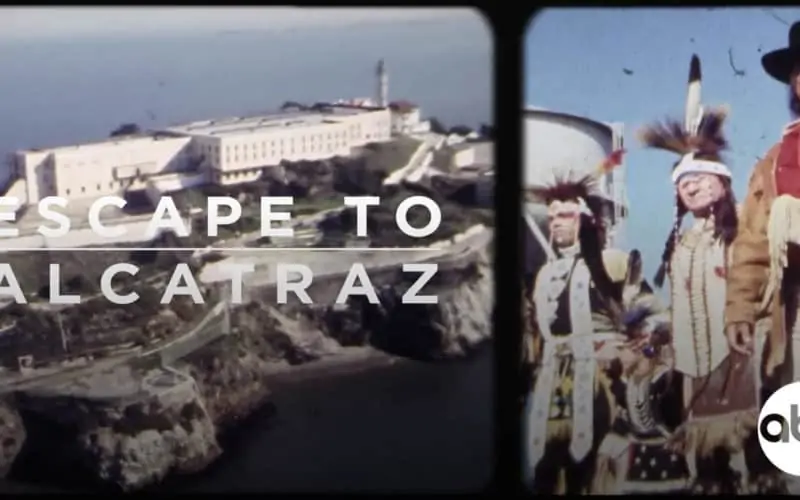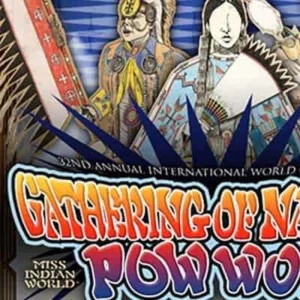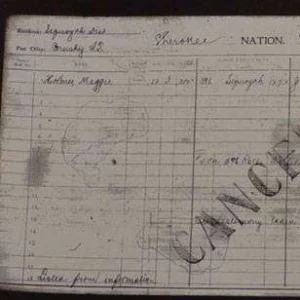“Escape to Alcatraz,” the new documentary series by Hulu, gives us an up-close look at the 19 months in which Native Americans occupied the abandoned prison on Alcatraz Island. And it's something everyone—Native or not—should check out.
The story starts with the tumultuous summer of 1969. Reservations across the U.S. faced poverty, discrimination, and racism. Government agencies forced indigenous people to flee to nearby cities. (Fewer people in reservations meant less enrollment and less aid from the government, which created a never-ending cycle of poverty.) The destruction of reservations impacted families, languages, cultures and the future of tribes. The exodus led many to San Francisco to find better jobs and opportunities.
The 19-month protest—led by Richard Oakes, LaNada Means, and John Trudell—sparked the beginning of many social and political movements within the Native American community. Indians of All Tribes (IOAT) and the group's supporters believed the Treaty of Fort Laramie between the U.S. and the Lakota, entitled them to abandoned land. Alcatraz closed on March 1963 and was declared surplus federal property in 1964. The Lakota offered to buy the land for $9.40. (The same amount the U.S. government offered the Lakota people.) Oakes wanted a cultural center and university on the grounds of “the rock.” The center provided jobs, healthcare, and job opportunities that were desperately needed in indigenous communities. The loss of the center increased tensions between tribal nations and the U.S. government, as “Escape to Alcatraz” documents in detail.
Initially, the movement received overwhelming support. Daily mass media coverage helped spread their message to the public. Unfortunately, tensions escalated between the different factions in Alcatraz and the U.S. government and land developers. The Coast Guard attempted to stop daily supplies and supporters from reaching the island. At the height of the occupation, there were 400 supporters living in Alcatraz, but constant strife between the factions led to the end of the occupation.
The protestors, who were predominately students, slowly lost interest and set their eyes on other civil rights demonstrations. The voice of Alcatraz, John Trudell, became more involved with the American Indian Movement—especially after the standstill. The occupation of Alcatraz had a direct effect on federal law and policies affecting native people. While Nixon never ceded to the demands of the protestors, he did ensure the people would remain safe as long the protestors remained peaceful. The relationship soured by November 2, 1972, when the Bureau of Indian Affairs was occupied with activists who had previously stormed Alcatraz.
Alcatraz Island became emblematic of the indigenous quest to find something better for themselves. It highlighted issues and concerns that were completely insulated within the tribal community and it gave us a voice. Today movements such as Land Back, MMIWG and Water Protectors serve as a reminder of how important it is to have a voice and demand change. Activism has changed and now with sites like Instagram, Facebook, TikTok and Twitter it has given some a voice to spread a message globally.
Sadly, many policies still demand attention, but our voices are now stronger and we are more visible than ever before. Alcatraz may have been the island that sparked the movement, but we are free to spread the message far and wide. “Escape to Alcatraz” serves as a timely reminder of that and much more.





Cassandra
says:I find that to be very interesting I was about 10 when that took place ,but I do remember thinking how could they be so dirty they were there first. I am excited to see what it was really about. Thank you